By Jamie Stickelmaier (UC Los Angeles)
There are countless reasons why people study abroad—I was motivated to become fluent in Spanish.
While Spanish was my mother’s first language, it was rarely spoken at home. My childhood is full of enchanting memories of visiting my mother’s home in Puerto Rico, and behind the tropical beauty, familial love, and delicate nostalgia of the island was one unquenchable feeling: I was an outsider.
I was unable to communicate with my grandmother and other relatives who spoke only Spanish. I learned Spanish in high school, but passing an AP exam doesn’t equate to conversational fluency. It was painfully obvious that I was not a native speaker, and at times I wondered if I would ever be able to share my mother’s culture and feel at home in her home.
An older Puerto Rican cousin, enviable world traveler and multi-linguist told me that immersion was the best way to pick up a new language. He said, “It’s not just about learning the language, it’s about living in it.”
While a year-long program would have been ideal, my STEM major made it difficult for me to take extended time away from UCLA. The interruption of in-person classes and study abroad programs due to COVID-19 during my entire sophomore year sharply tightened my timeline for graduation. Luckily, I was able to fit all of my engineering classes into a standard four years and go abroad for an additional semester in the fall after my senior year. I completed my Spanish minor and ultimately finished my degree in December 2023.
After realizing the time constraints while planning my study abroad program, I became acutely aware of my biggest challenge. If I was to become fluent in Spanish, I would have to optimize my time abroad to be fluent after only five months. I knew I wanted to take full advantage of the opportunity to travel abroad as an undergraduate student, and if I was going to spend the money and resources, almost every decision had to be centered on enhancing my Spanish language skills.
Living in a new country is already a jarring experience, and trying to master a new language is necessarily embarrassing. I promise it turned out okay.
Here are the practical tips I found helpful for maximizing language immersion while studying abroad.
#1 Stay with a host family
Find a program that offers the option to stay with a host family, even if just for the initial few weeks. Host families may have adults who don’t speak English, so it’s inescapable language practice. Additionally, many host families are encouraged to promote as many conversations with their student residents as possible.
I found that meal times were ample opportunity for long, illustrative conversations with my host parents about their home country, family, etc. While at first these chats primarily consisted of them talking at me and me fumbling to ask for clarification properly, by the end of my stay our conversations were dual-sided and, frankly, hilarious.
In addition, I also enjoyed a few trips with my host mom within and beyond Santiago.
The unexpected value of staying with a host family is that you’ll be forced into language practice when you’re least prepared, like after a long and exhausting day of classes, first thing in the morning before breakfast, or after crying in your room because you’re homesick. Your host family is like your own family, sparking up a conversation any time at all—even upon returning late from adventures with friends! In these moments, when my brain felt like mush and my tongue physically stalled, I was able to build instinctual and valuable language habits.
#2 Live with students who don’t speak English
I highly recommend living with students who don’t speak your first language if you want to maximize language immersion.
Unfortunately, I could only stay with my host family for the first month of the program because new students were moving in. While I had begun making friends with other UCEAP students, we agreed not to live together because the temptation to fall back on English for daily interactions was too strong.
After leaving my host family, I lived with older working Chileans and international students, which was highly beneficial. Not only did I get to practice Spanish with my new housemates, I was able to gain familiarity with different regional accents as the people in my network came from various countries, including Nicaragua, Uruguay, Paraguay, and Spain.
#3 Take all your classes in the new language
I knew this one would be a challenge. My professors spoke rapidly to rooms full of native speakers, and the Chilean accent and lingo literally had me reeling in my first week of classes. It took a whole month for my brain to adjust, and I remember the feeling of relief when I left one lecture and thought for the first time, “Wow, I could actually follow along!”
I specifically chose classes that were heavy on literature and lectures so that I would be reading and hearing as much Spanish as possible. This was great for expanding my vocabulary and being able to write decently eloquent essays for my semester finals. That alone felt like a badge of accomplishment.
#4 Form groups for projects and study
Taking classes provided me plenty of comprehension skills, but conversing with classmates was also extremely helpful. As we formed groups for class projects and studied for tests together, we made good friends and began to hang out outside of class.
The biggest lesson I came away with is the more I stepped out of my comfort zone, the more I learned. The hardest classes and assignments forced me to engage with the material until I understood it, and my professors and classmates encouraged me to reach out for help.
#5 Remove all English media from your daily routine
If I was going to be fluent, I knew I couldn’t just use Spanish in the academic setting. I had to engage with it on leisure activities and when I was by myself. I spent a large part of August before leaving the US watching the Women’s World Cup in Spanish. My commutes to and from school were exclusively taken up with Latin American music and podcasts. I was taking a cinema class too, so I watched a lot of Chilean and international films that served as a great filler for my American television hiatus.
One of the most fun transitions was interacting with memes in Spanish on Instagram. It was particularly helpful for learning regional slang and kind of amazing to see how quickly the algorithms were able to catch up and populate my feed with Spanish material.
With every month that passed while I was abroad, I could feel my language skills improving, and things that took exaggerated mental effort to navigate in August were easy points of conversation by November. Spanish became a reflex the more I immersed myself in it. By the time I came back home, I felt proud of the dedication I put into the experience and immensely grateful for the people who helped me along the way.
Learn more about gaining language fluency and family legacy by studying abroad
- Aileen Pulchny spent a year learning Spanish in Spain, facing awkward moments and personal doubts – now she dreams in Spanish.
- Ekaterina Griffen furthered her mother’s legacy by studying abroad for a year in the Netherlands.
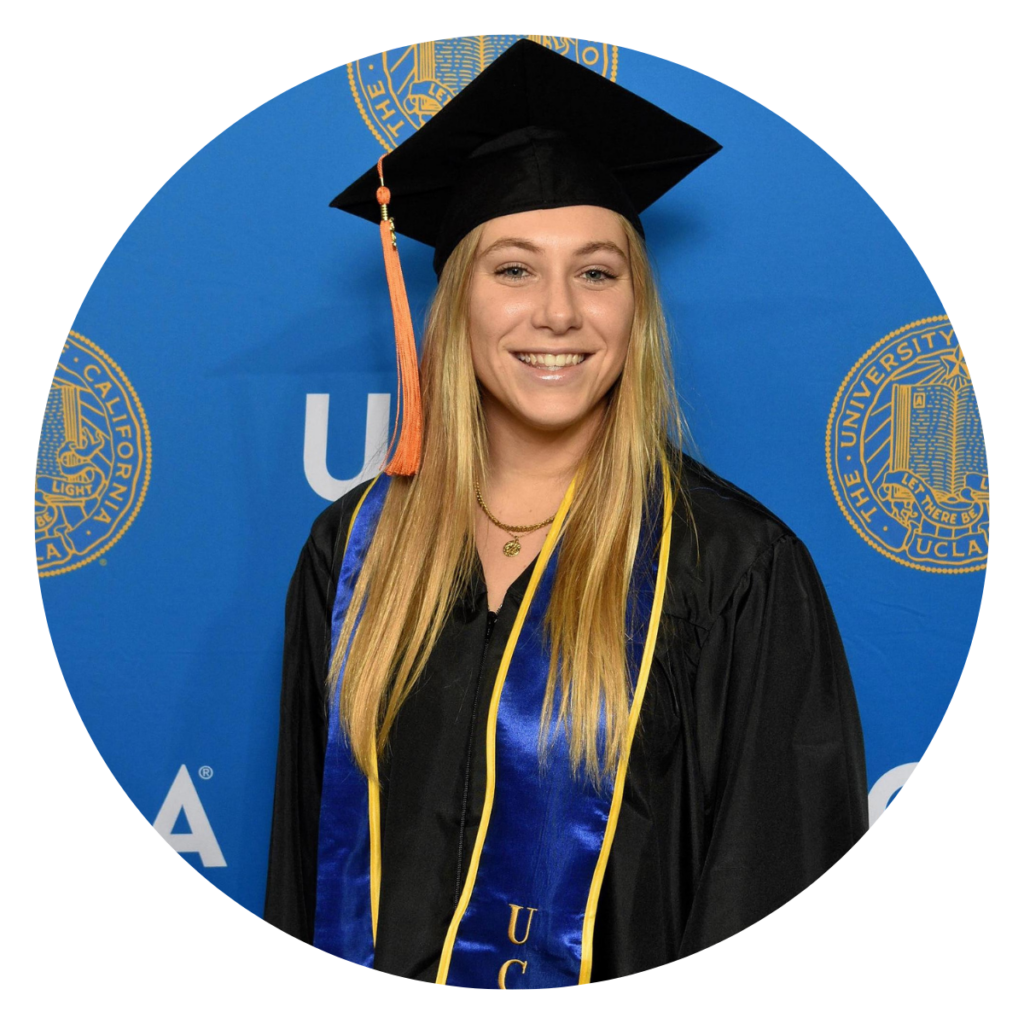

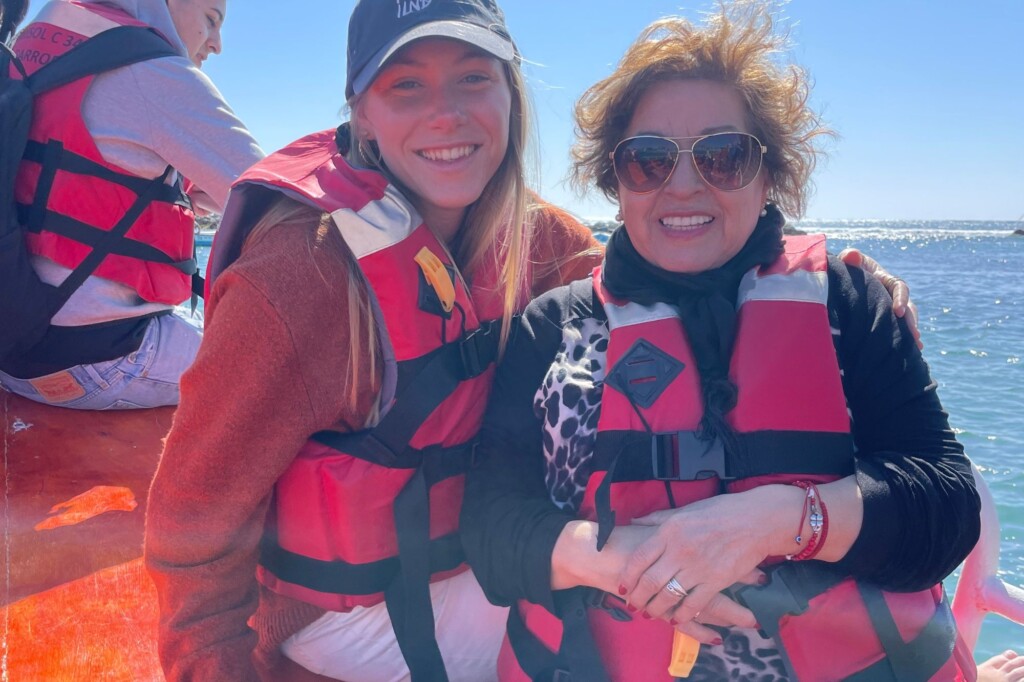
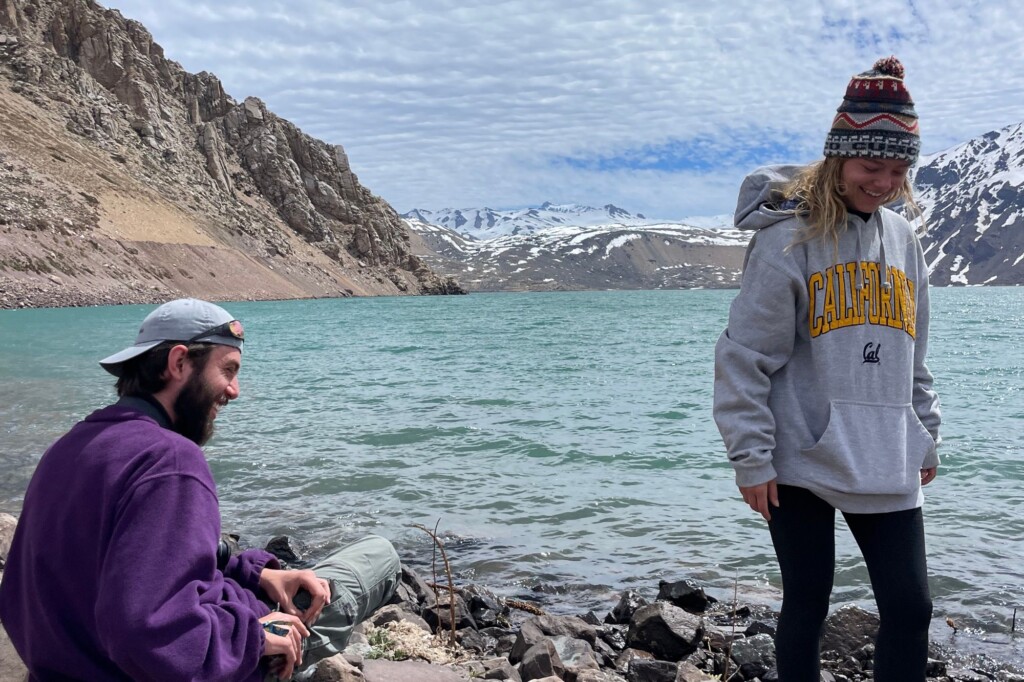
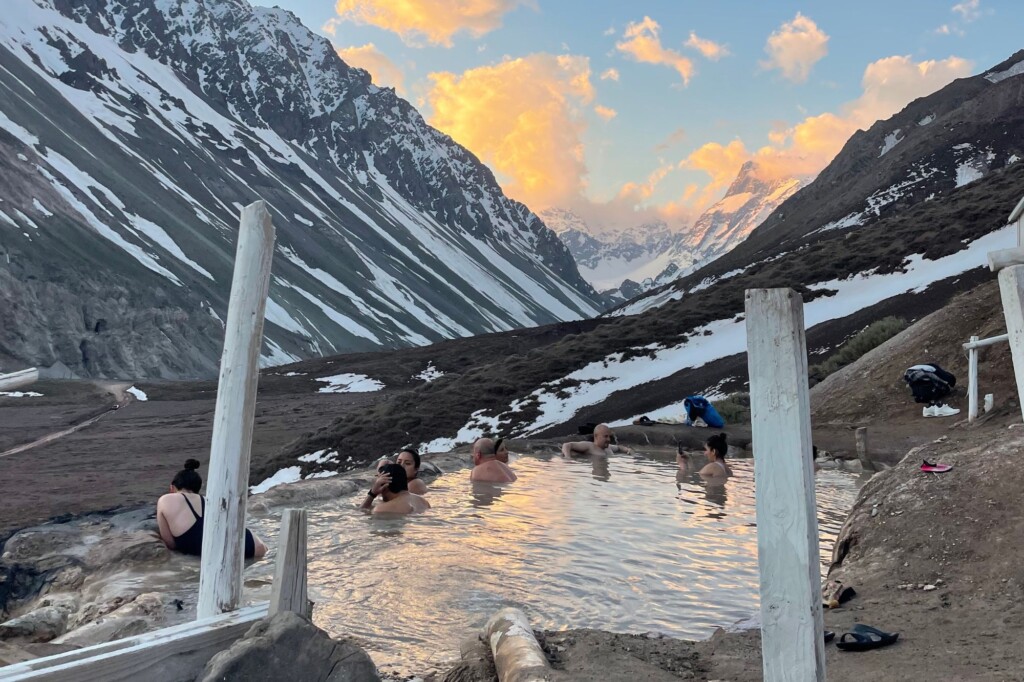


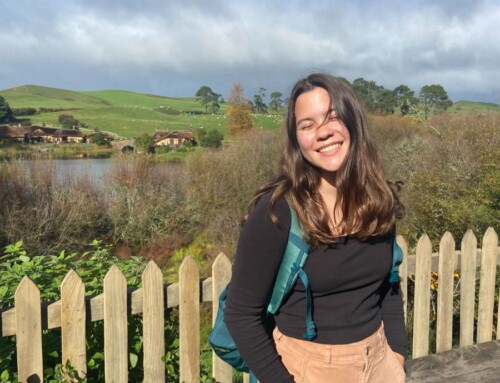

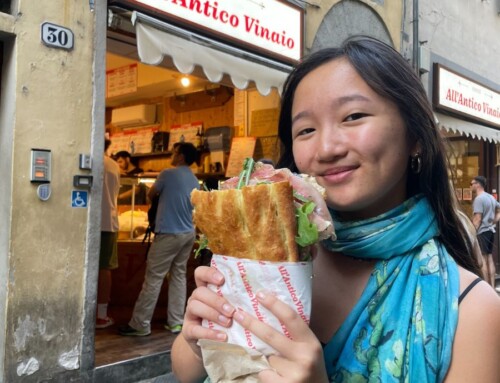
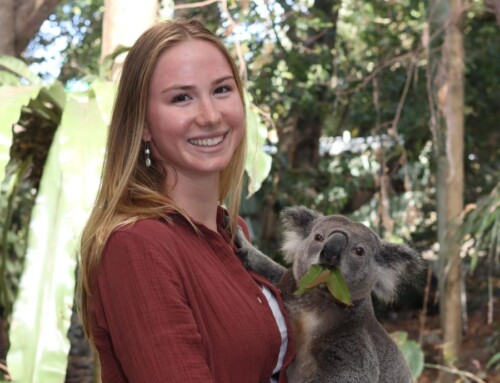
Leave A Comment